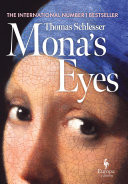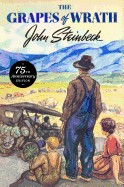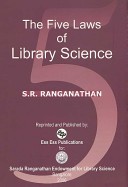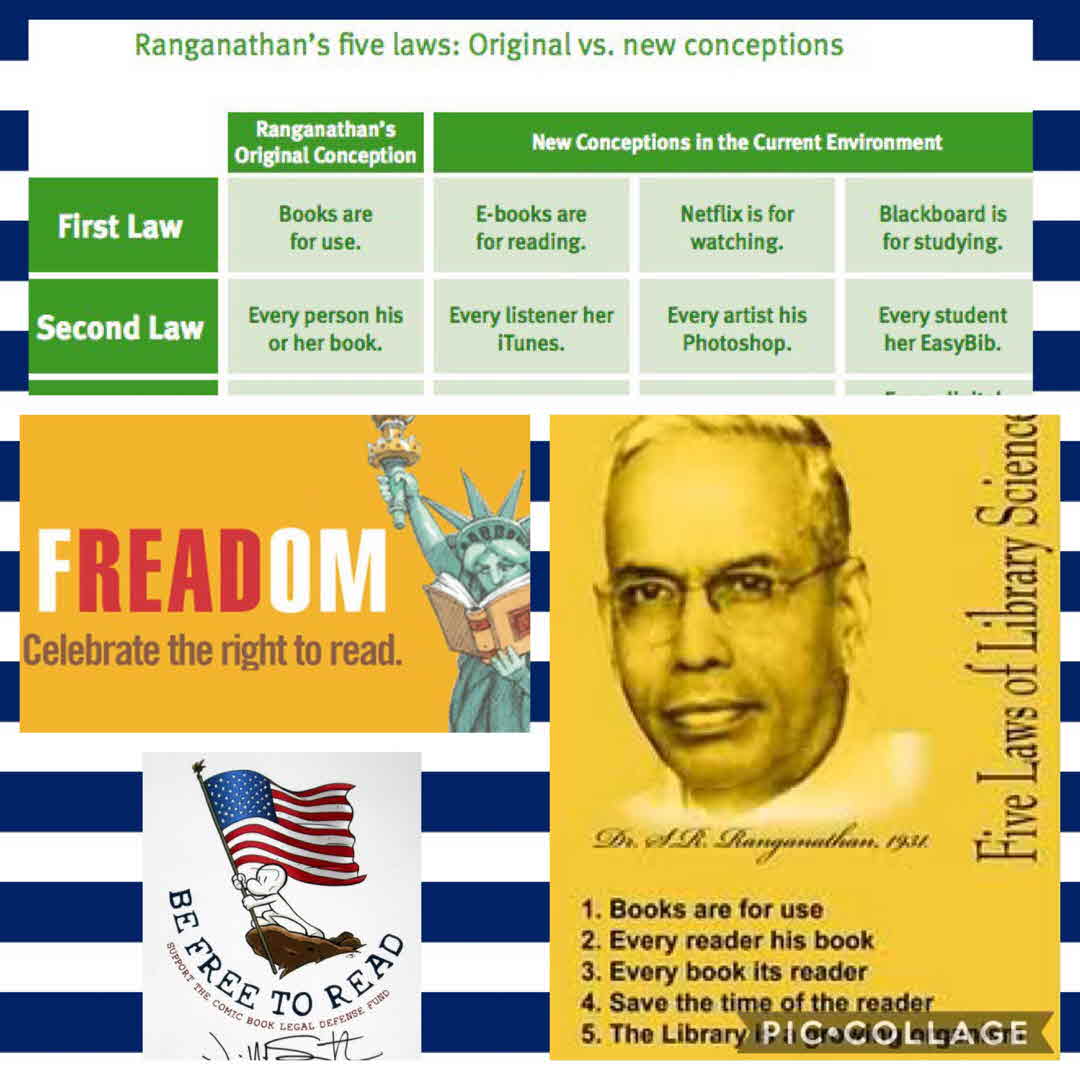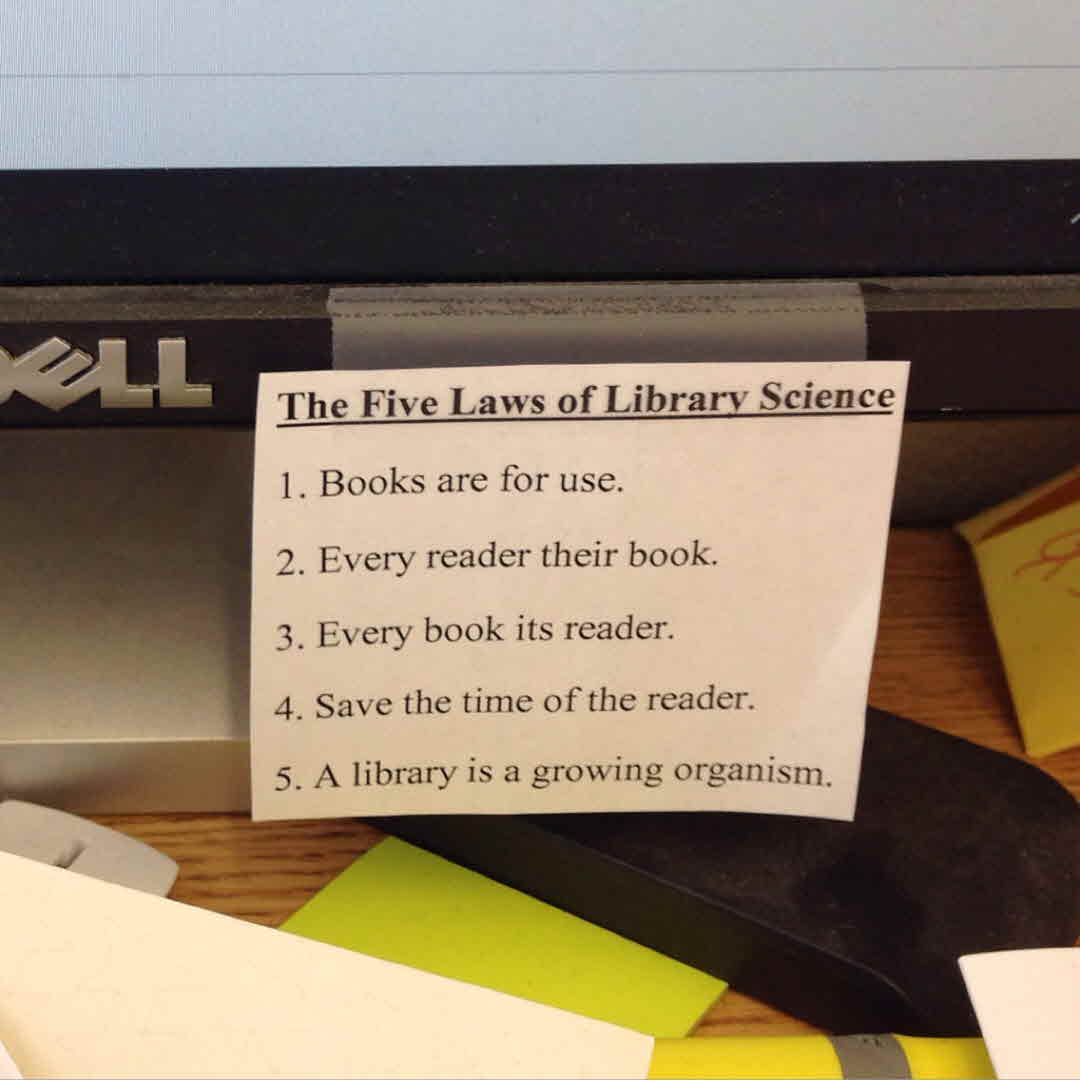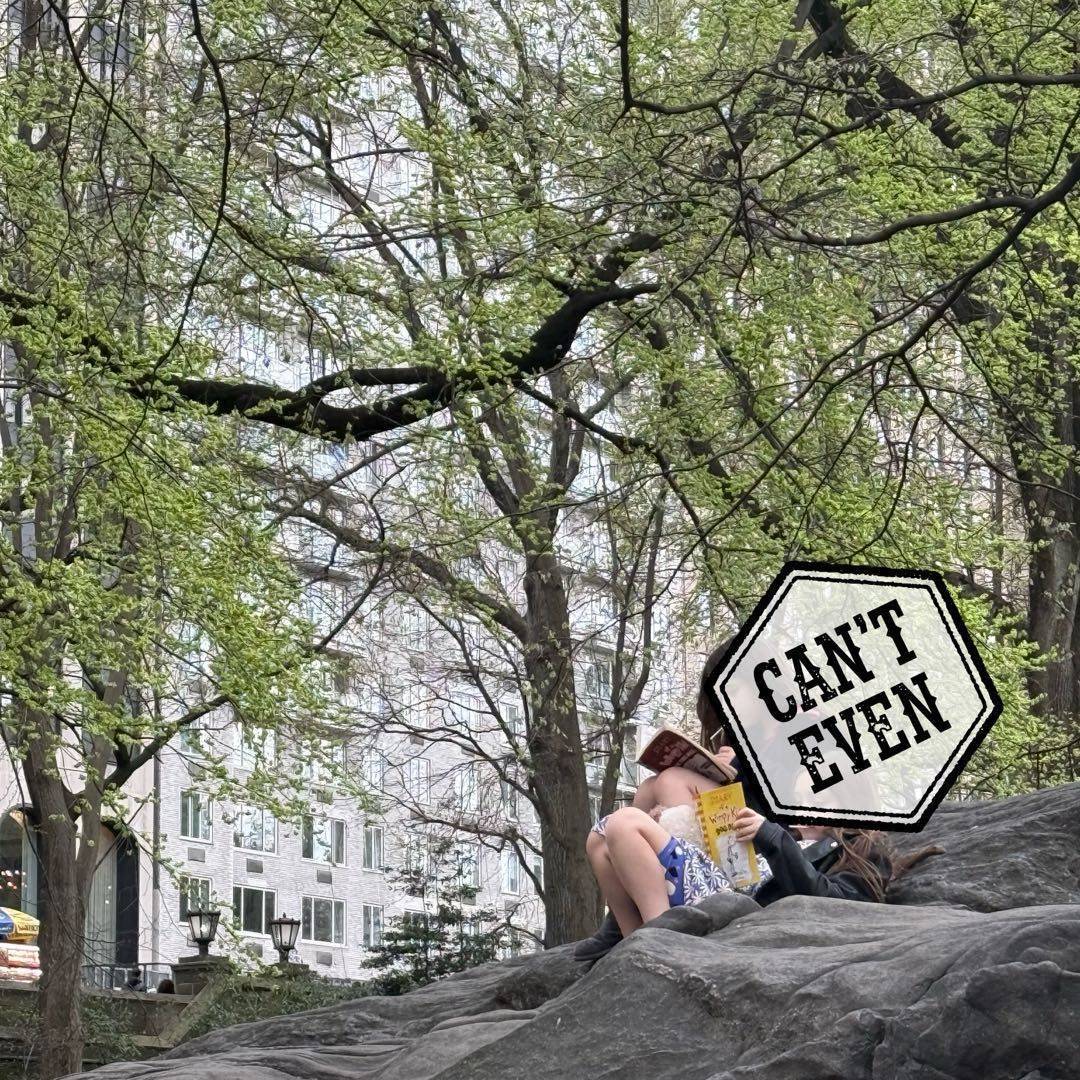
I‘m having difficulty articulating to friends the difference because library curation and banning books.
How do you guys explain the difference?
Thanks @Riveted_Reader_Melissa for the inspo.
#unbanbooks #readbannedbooks
Riveted_Reader_Melissa @shortsarahrose Thank you for answering on my post too. 6mo
shortsarahrose Copy/paste what I put on @Riveted_Reader_Melissa post: I‘ll add, as a library worker/person with a masters in library science, collection development has more to do with building a collection that reflects a wide range of viewpoints on any given topic - even those that we may not personally agree with or that the majority of our community may not agree with. Censorship is removing or refusing to purchase items that don‘t align with a certain view. 6mo
shortsarahrose Of course, there is more that goes into collection development than that (I took a whole semester long course on it!), but I think the above gets to the heart of what librarians try to do versus what censors do. Your local library should have a collection development policy that covers why they add/remove some things and not others. 6mo
See All 7 Comments
shortsarahrose And your local librarians would probably be happy to answer questions about this, too, as long as it was coming from a place of curiosity/good faith rather than hostility. 6mo
ManyWordsLater @shortsarahrose thank you for you explanation. It certainly is coming from a place of curiosity and good faith. (edited) 6mo
shortsarahrose I figured as much from how the question was put 🥰 glad I could help. 6mo
mcctrish I would think in a nutshell they‘d have to encompass a variety of views/voices on subject matters and meet a readership demand - books might be missing but not because they were banned but because of funding or popularity (edited) 6mo
50 likes7 comments







